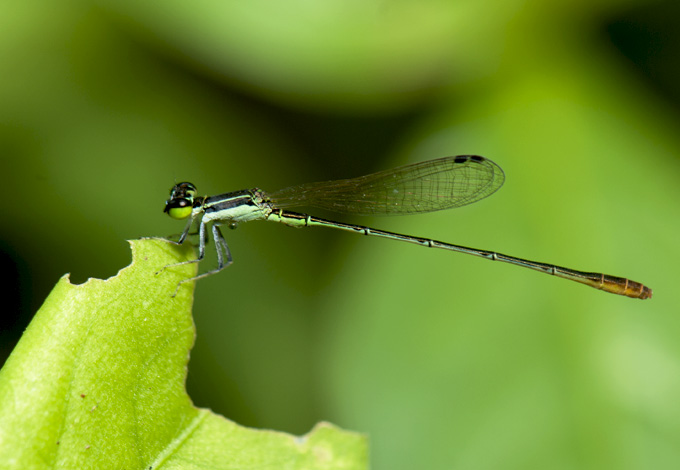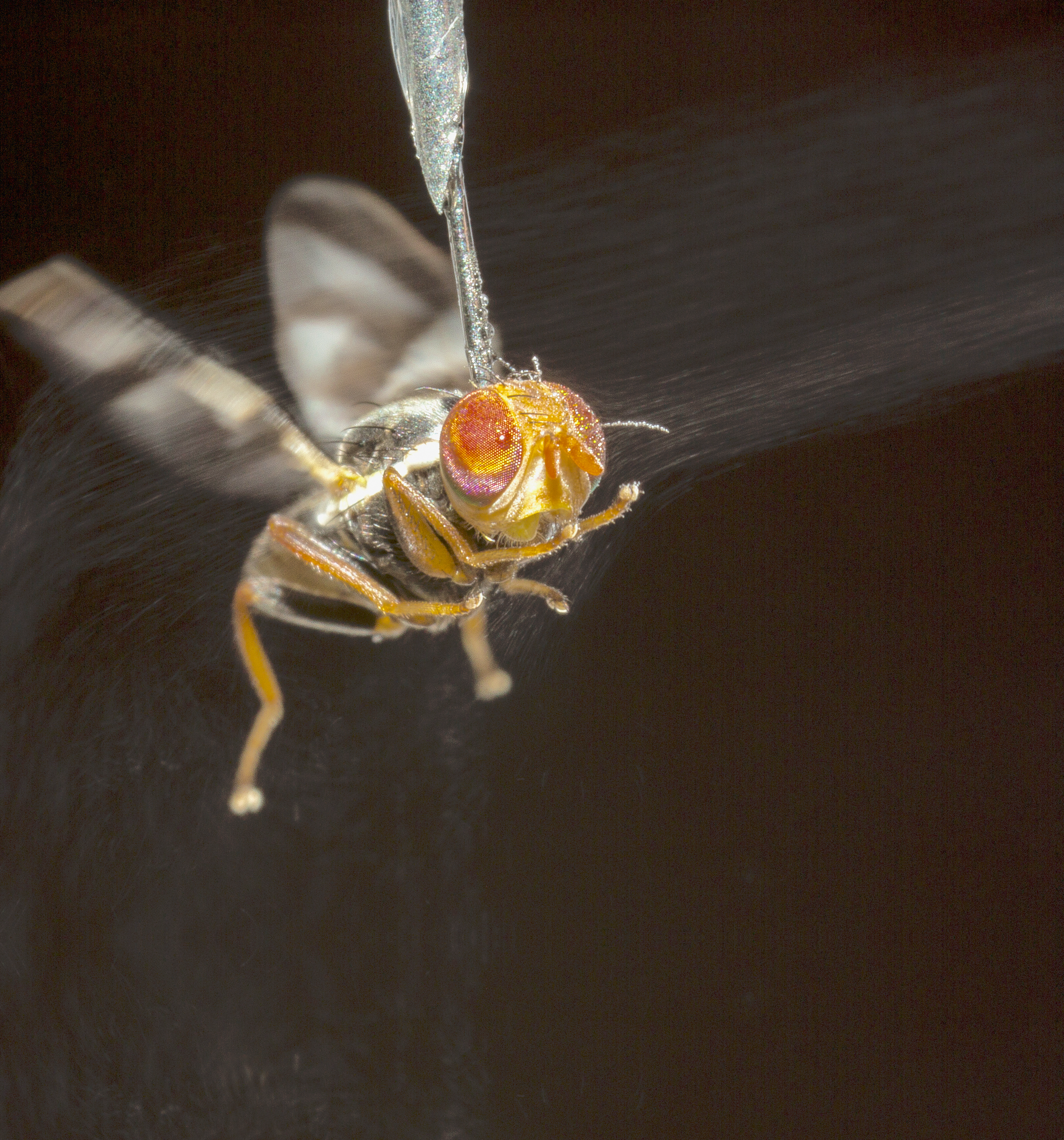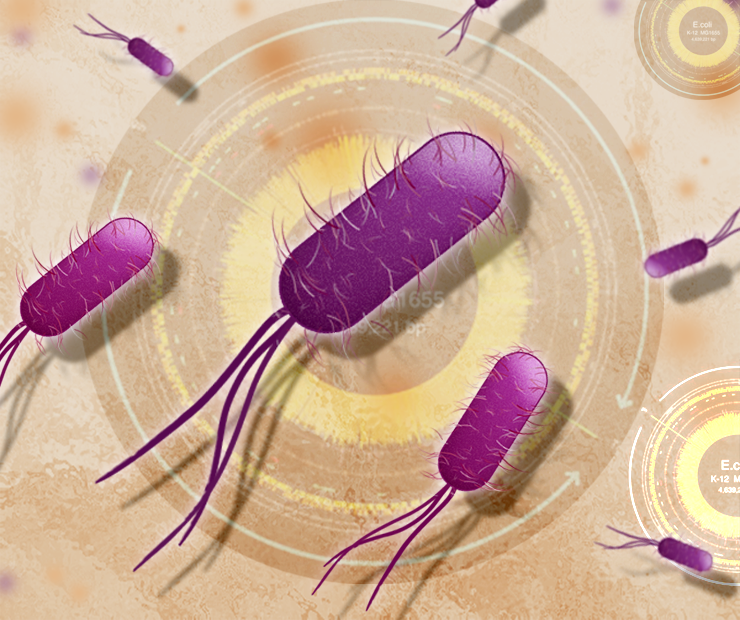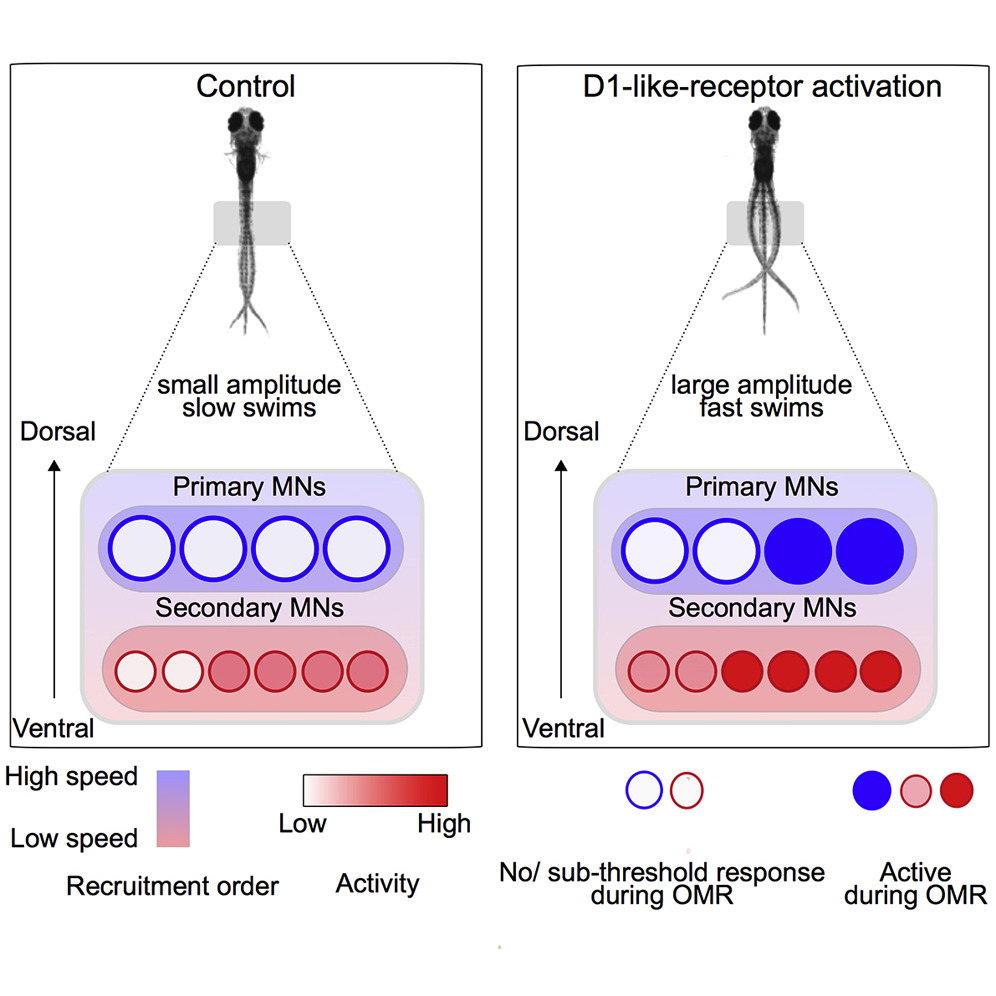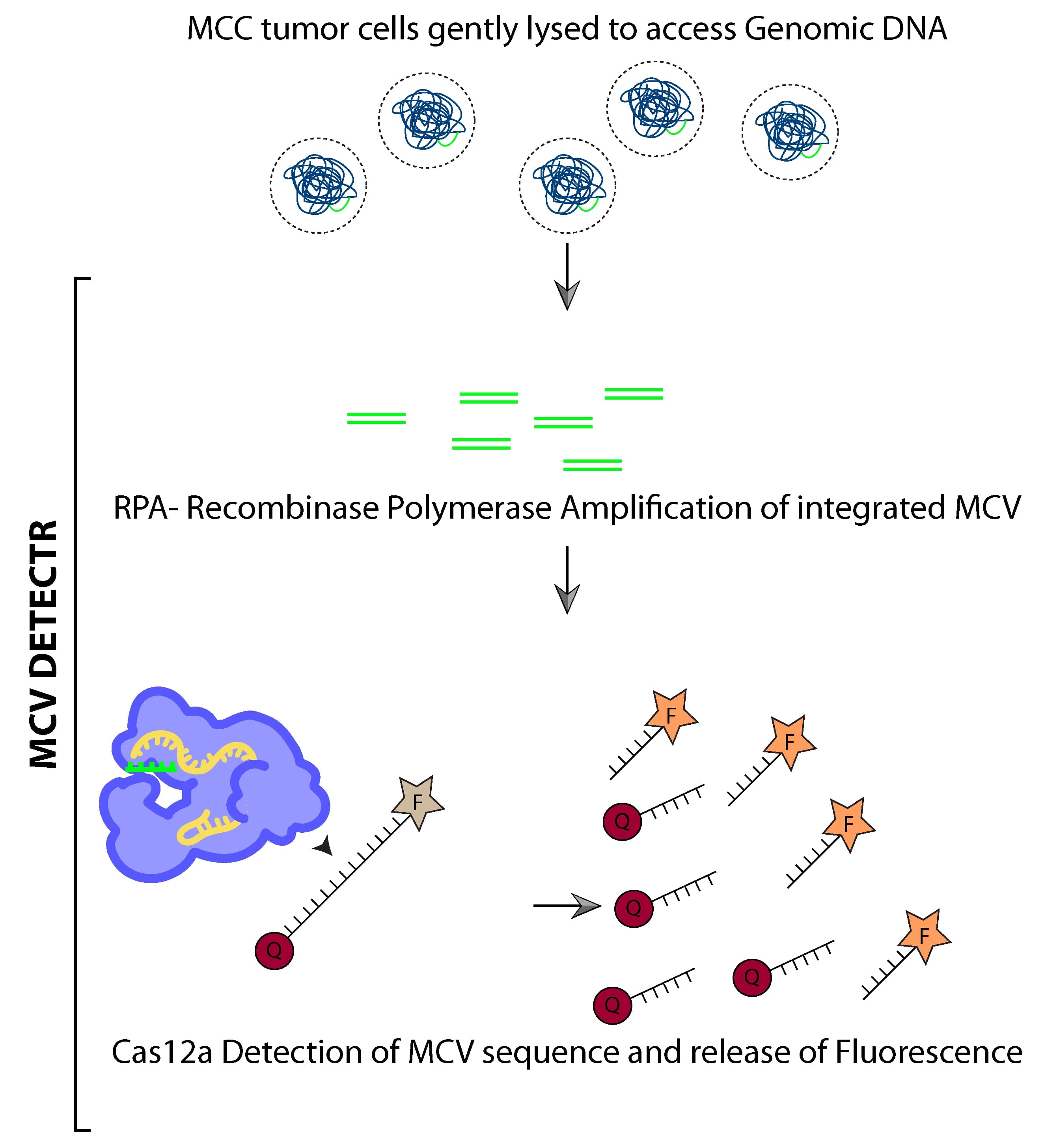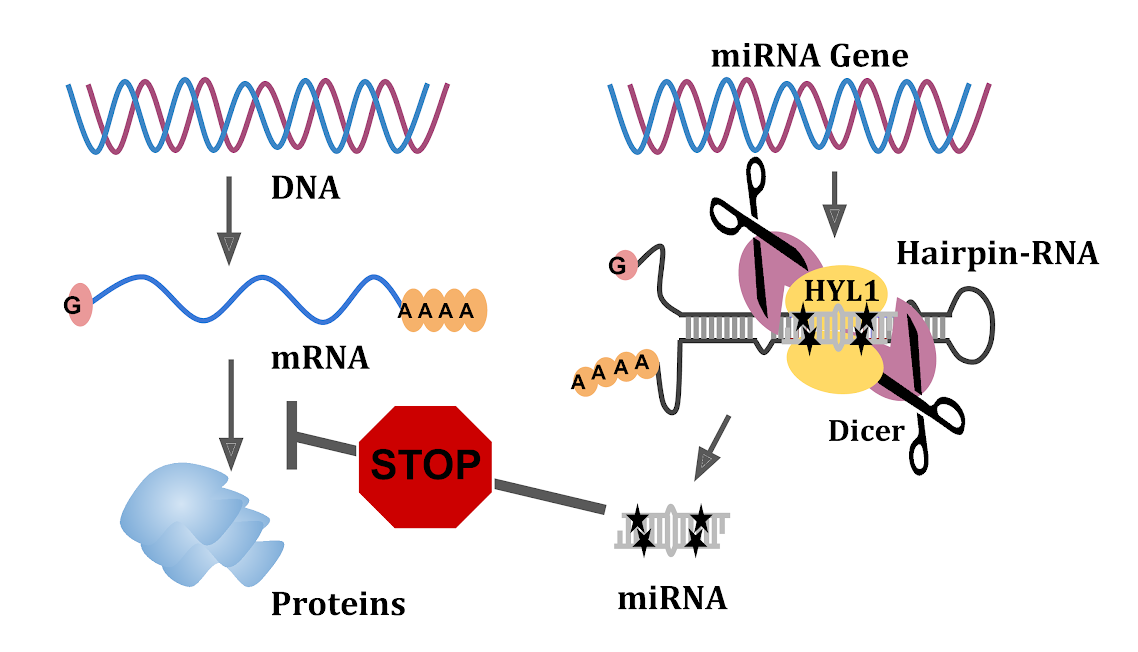-
STRANGE BEDFELLOWS: HOW BUTTERFLY CATERPILLARS SUSTAIN THEIR ASSOCIATION WITH COCKTAIL ANTS
Advanced X-ray MicroCT technology offers unparalleled insights into the functional morphology of specialized organs that mediate interactions between butterfly caterpillars and their ant hosts
-
Tuberculosis: A mutiny against mycobacteria
Tuberculosis (TB), popularly known as the White Plague, is one of the world’s deadliest infections. ‘Consuming’ millions of lives, the disease owes its success to the fervent microbe, Mycobacterium tuberculosis (Mtb) that has been using every trick under its sleeve to outwit the host. Consequently, an understanding of host-microbe interactions has been of paramount importance to combat TB.
Dr. Varadharajan Sundaramurthy and his team of researchers from the National Centre for Biological Sciences have been making significant progress in this front.
-
The mechanism behind the Herpes virus Houdini act
Scientists from the National Centre for Biological Sciences (NCBS), Bangalore, have discovered how the Herpes virus escapes one of the defense mechanisms it encounters in its hosts. Cells infected by Herpes viruses bind the viral DNA with proteins called PML NBs (ProMyelocytic Leukemia protein Nuclear Bodies) to stop the production of viral proteins and stall virus reproduction. The viral DNA, however, escapes from its protein prison with the help of ICP0 (Infected Cell Polypeptide 0), a viral enzyme.
-
Interpreting the colours of damselflies darting by the campus pond
If you have spent some time by the pond near the main canteen on campus, you might have noticed tiny damselflies zipping along by the edge of the pond. Because they are so small, you have to look closely to see their beautiful, vivid reds and blues. What do these colours mean? Do they signal something, and to whom? As humans, we signal a lot with the colour of our clothes, and have the luxury of changing them at will. For most animals, colour is not really a behavioural choice, but reflects myriad selection pressures in their evolutionary history.
-
Insect virtual reality: What it’s really like to be the fly on the wall
If you’ve ever tried to swat a fly, you know how hard it is to follow its movements as it ducks and weaves around to escape. You can easily appreciate that a scientist trying to observe and understand the behavior of insects in the natural world has their work cut out.
-
Molecular route to bacterial evolution
“The world will not be inherited by the strongest; it will be inherited by those most able to change.”
This quote by evolutionary biologist Charles Darwin is quite appreciable in the microscopic world of bacteria and viruses.
Bacteria, in the natural world are swamped by a myriad of environmental stressors. Changes at the genetic level often beget bacterial adaptations to these challenges, helping them find a fine balance between growth and stress tolerance.
-
Mistakes can be good
Mistakes are rarely rewarded. Intuitively, one would imagine that a shoddy typist at an office who keeps generating typos would either quickly lose their job, or at least be overlooked for promotion. The idea that this person could in fact benefit from being shoddy and rise above others professionally is counter intuitive, and yet we see this in cells! Like humans, cells too constantly make mistakes. Most of the work within cells is carried out by biomolecules called proteins; without these, cells would not exist.
-
The need for speed: Zebrafish study at NCBS
Whether running away from a predator or to win an Olympic gold, how fast we run determines the final outcome. Locomotion is produced when limb muscles contract in a co-ordinated fashion. This, in turn, is caused by electrical impulses sent by nerve cells called motor neurons located in the spinal cord. Earlier work showed that based on an animal’s momentary needs, brain circuits select a suitable course of action and set the frequency of motion. Then, just like engaging gears in an automobile, spinal ‘speed’ modules are selectively activated to achieve a certain speed.
-
NCBS researchers develop test to detect a virus in cancer cells
Scientists from the National Centre for Biological Sciences (NCBS), Bangalore, have developed a test to detect the presence of Merkel cell polyomavirus (MCV) in Merkel cell carcinomas.
-
NCBS team finds how microRNA gene regulators are generated in plants
Image: miRNAs stop specific mRNAs from making proteins. This study shows how specific sequences (shown in black stars) in the hairpin loops from which miRNAs originate are essential for the selection of miRNA regions.





